Revenue Cycle Management
What is Revenue Cycle Management?
RCM ensures providers get paid for services rendered by streamlining processes like charge capture, claim processing, payment posting and follow up on denied claims. Good RCM means better cash flow, fewer errors, less delays and compliance with healthcare regulations and payer rules.

What Our Revenue Cycle Management Offers

Scheduling and Registration
This involves patient appointment booking via phone, online, or walk-in, and collecting their demographic data and insurance and inputting it into the PMS or HER.

Eligibility Check and Authorization
We check if their insurance is active, what their plan benefits, co-pay, and costs are, their referral or pre-authorization requirements, and what their network status is. We also submit pre-authorization or referral requests to the payer with medical necessity documentation.

Check-in & Copay
We confirm their ID, collect copays, balances, and deposits, and update their insurance.

Coding, Charge Entry, and Claim Submission
Our coders review clinical documentation to assign different codes, depending on what is applicable, and check for coding errors, missing info, and other when claims are created via paper or electronically.

Adjudication and Payment Posting
We submit to payers (eg., Medicare, Medicaid, etc.), keep record of claim control, and submit within payer-defined limits. We also record if claim is approved, partially paid, or denied. Payments are then posted in the billing software.

Denial Management and Appeals
We review denied claims, categorize the denial based on the why, correct and resubmit, or write an appeal with documentation. We also track and analyze trends to reduce future denials.

Patient Billing and Reporting
We generate patient statements for balances due, send via email, portal, or mail, schedule follow-up calls and send automated reminders, and offer payment plans or financial hardship options to patients. We then monitor all collections, denials, reimbursement trends, and more to ensure a healthy RCM.
Let’s Work Together
Whether you just need a nudge in the right direction or a full range of services to get your practice running smoothly, we’re here to help. Book your discovery call today!
FAQs
Why does RCM matter in healthcare?
RCM is key because it affects a healthcare organization’s bottom line. Good RCM means timely and accurate billing, fewer claim denials, and faster reimbursement so providers can keep cash flowing and deliver care. Without good RCM practices, even successful providers can struggle financially.
What causes claim denials in RCM?
Claim denials are caused by errors like patient information mistakes, incorrect coding, no pre-authorization, or missing documentation. These can delay payment and increase administrative work. Good RCM systems have checks and automation to catch these errors early and resubmit corrected claims quickly to avoid revenue loss.
How does technology help RCM?
Technology makes RCM easier by automating tasks like eligibility checks, coding assistance, claims submission, and denial management. Modern RCM platforms reduce human error, speed up processes, and give you better decision-making tools. So, you can be more efficient and proactive with your revenue.
